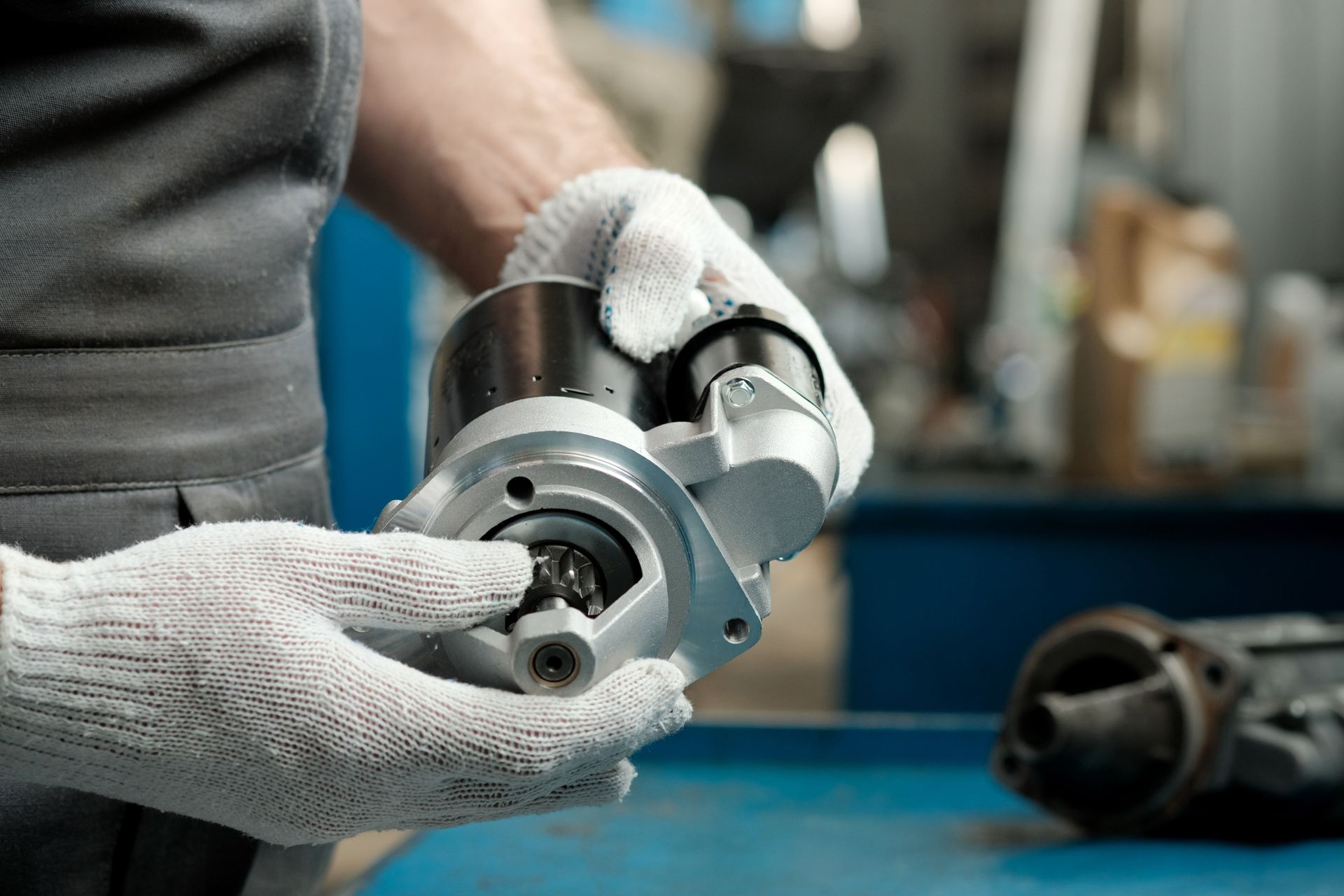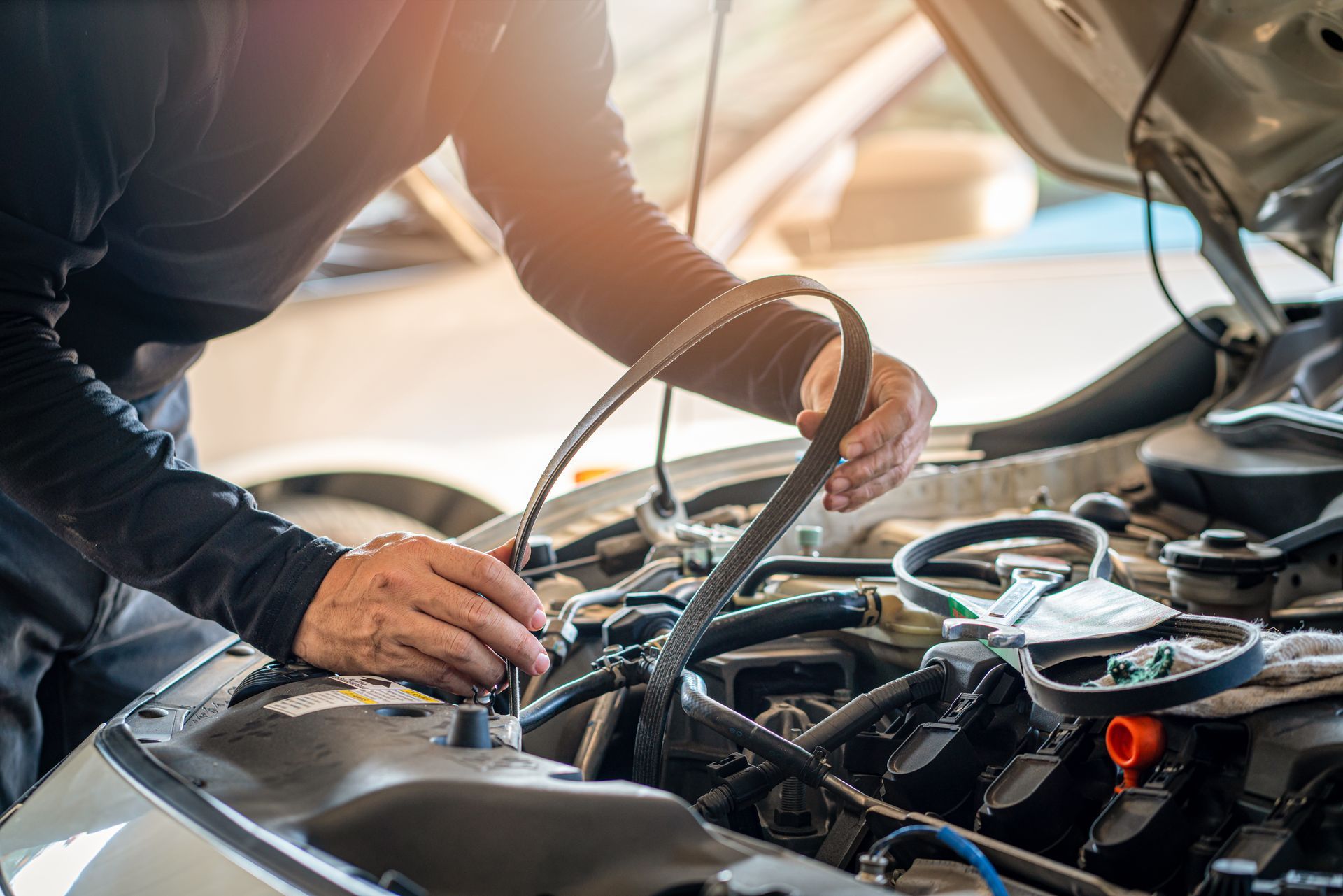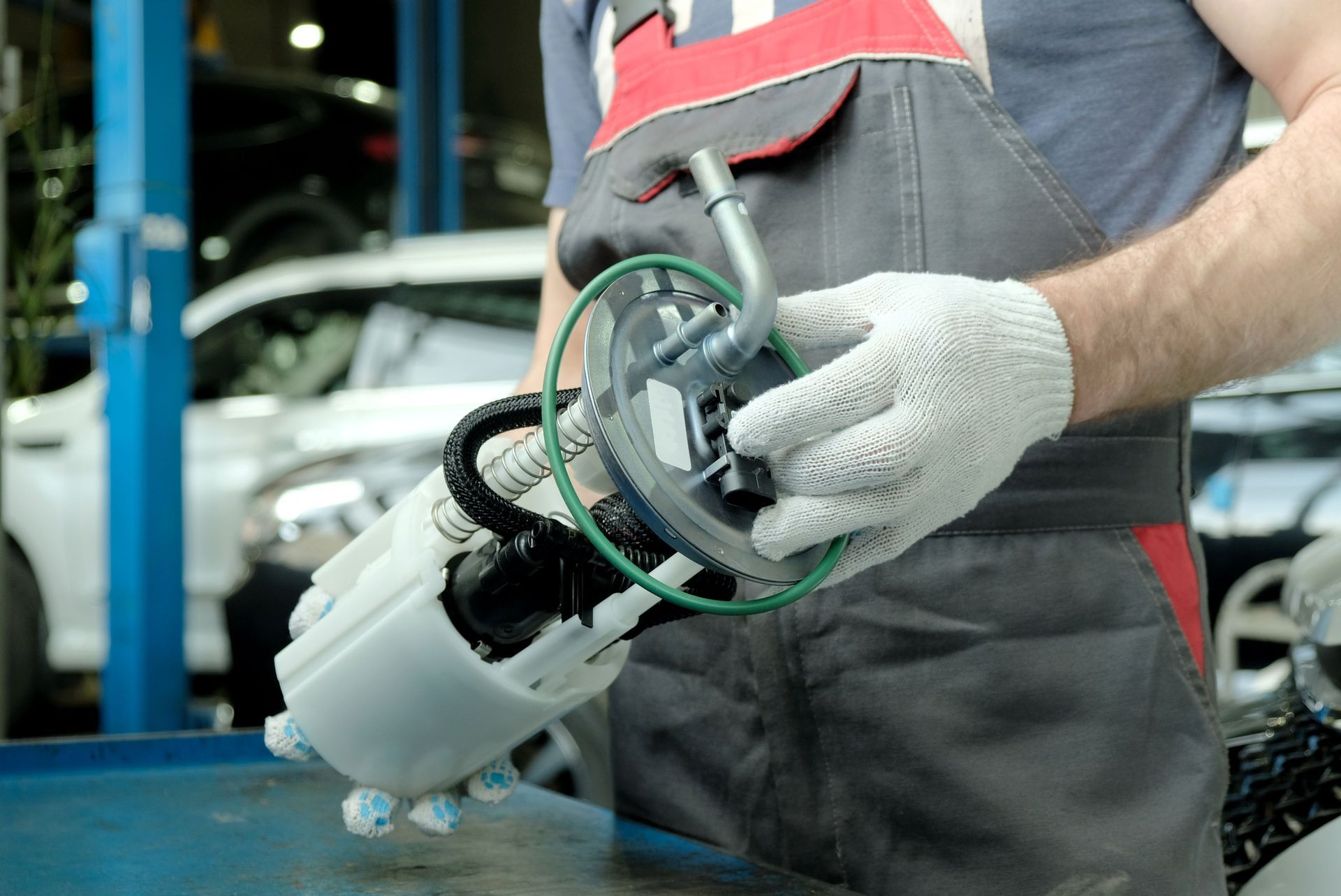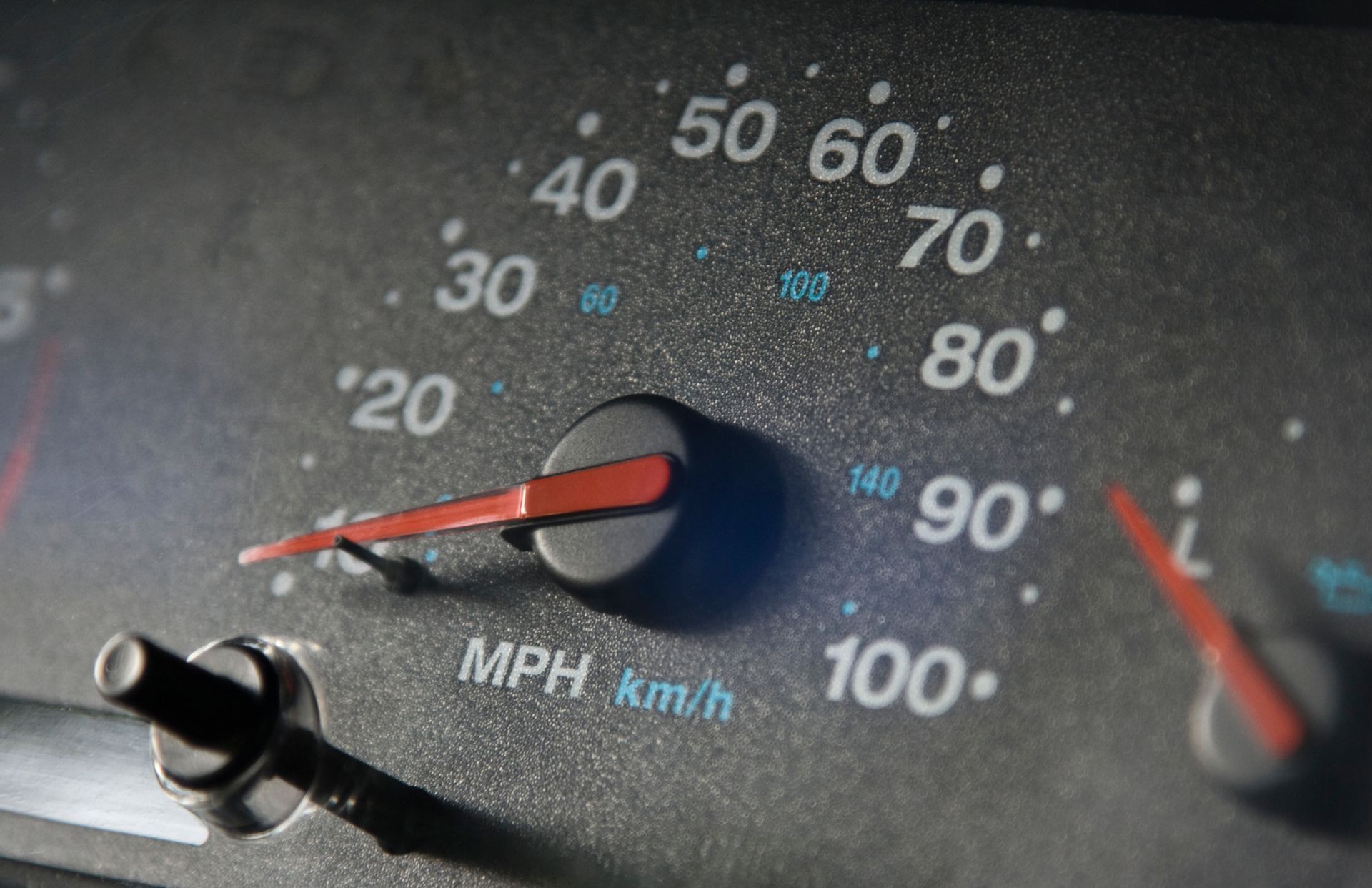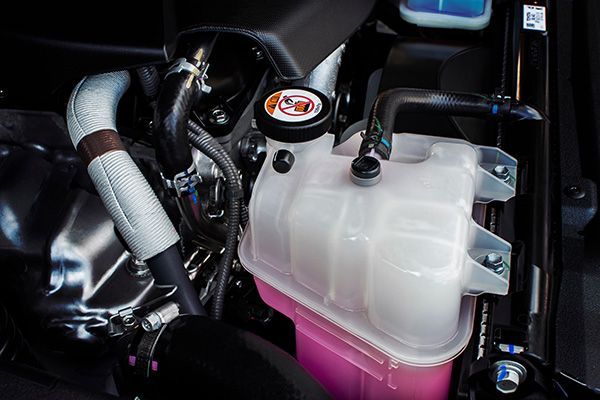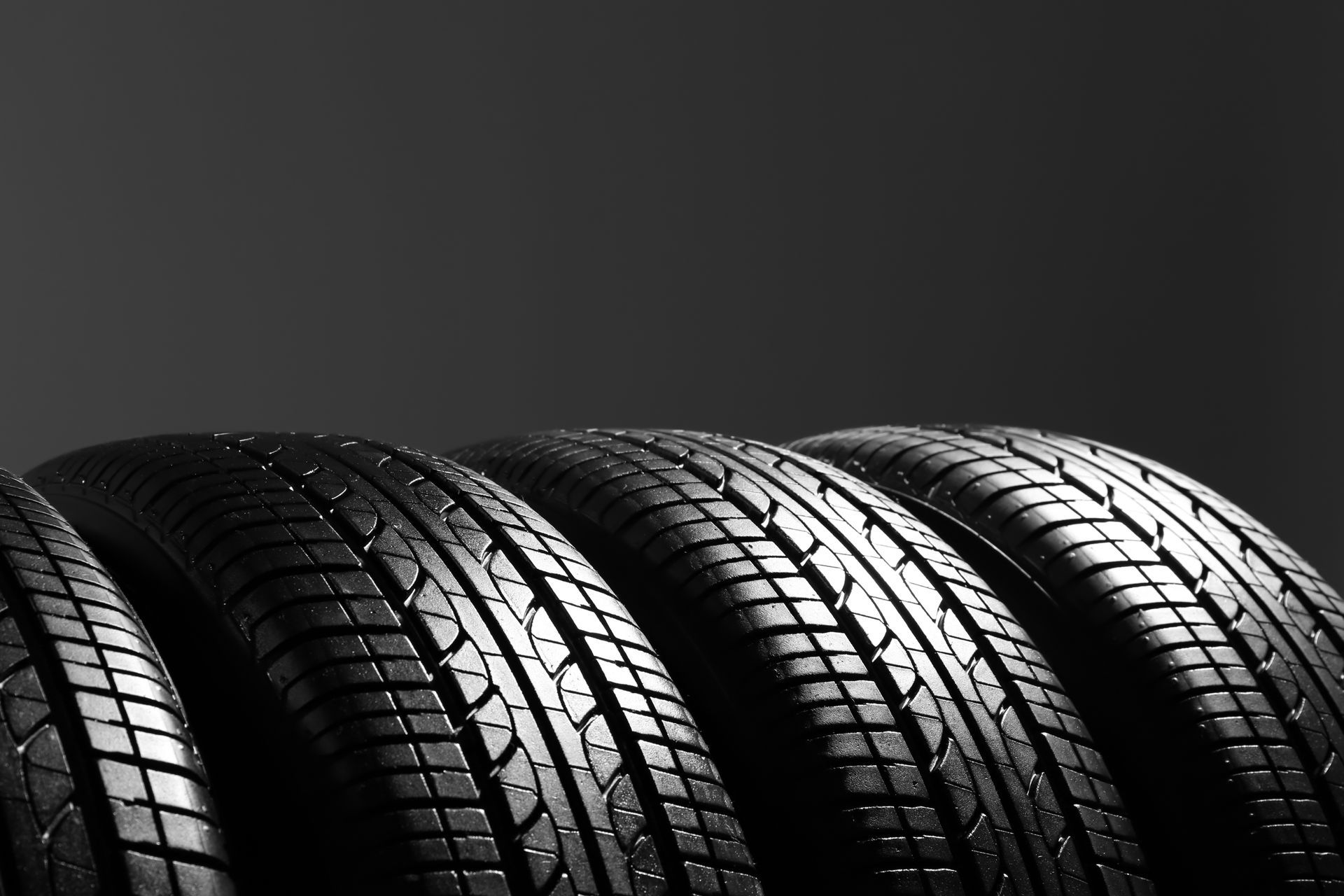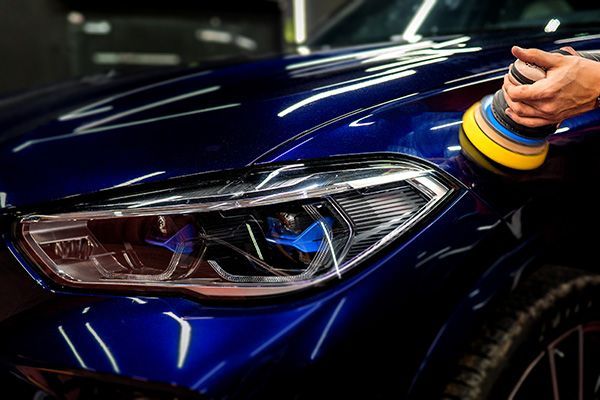The phrase "evacuate and recharge" typically refers to a specific maintenance procedure performed on a vehicle's air conditioning (A/C) system. This procedure is common in vehicles equipped with air conditioning systems that use refrigerant to cool and dehumidify the air inside the cabin. Over time, refrigerant can escape, and the system may become contaminated with moisture or debris, leading to reduced cooling performance. To restore the A/C system's efficiency, an evacuate and recharge procedure is carried out. Here's an overview of this process:
- Evacuation: The first step is to evacuate the A/C system. This involves removing the existing refrigerant from the system. A specialized A/C service machine or equipment is typically used for this purpose. During the evacuation process, the machine creates a vacuum within the A/C system, which causes the refrigerant to be drawn out along with any moisture or air that may have entered the system.
- Leak Inspection: Before recharging the system, technicians often inspect the A/C system for any leaks. If a leak is found, it must be repaired before proceeding. Common leak points include connections, hoses, and the A/C compressor.
- Recharge: Once the A/C system has been evacuated and any leaks have been repaired, it's time to recharge the system with a specific amount of refrigerant. The exact amount and type of refrigerant used depend on the vehicle's make and model and the manufacturer's specifications. Refrigerant is added to the system until it reaches the specified pressure and quantity.
- Oil Addition: In some cases, a small amount of compressor oil may be added to the A/C system during the recharge. This oil helps lubricate the A/C compressor and other components.
- Performance Testing: After the recharge is complete, the A/C system is tested for proper operation. This includes checking the cooling performance, cabin temperature, and ensuring that the A/C compressor engages and disengages as needed.
- Final Inspection: A final inspection is often performed to ensure that there are no refrigerant leaks, and the A/C system is functioning correctly. The technician may use a refrigerant leak detector or UV dye to check for any leaks.
The frequency of A/C system evacuations and recharges can vary based on factors such as the vehicle's age, usage, and the condition of the A/C system. Some vehicles may need this service every few years, while others may go longer between evacuations and recharges.
Regular A/C system maintenance, including evacuation and recharge when necessary, is essential to ensure that the air conditioning system operates efficiently and provides comfortable cooling inside the vehicle. If you notice that your vehicle's A/C system is not cooling as effectively as it should, it's a good idea to have it inspected by a qualified technician who can determine if an evacuation and recharge procedure is required.

